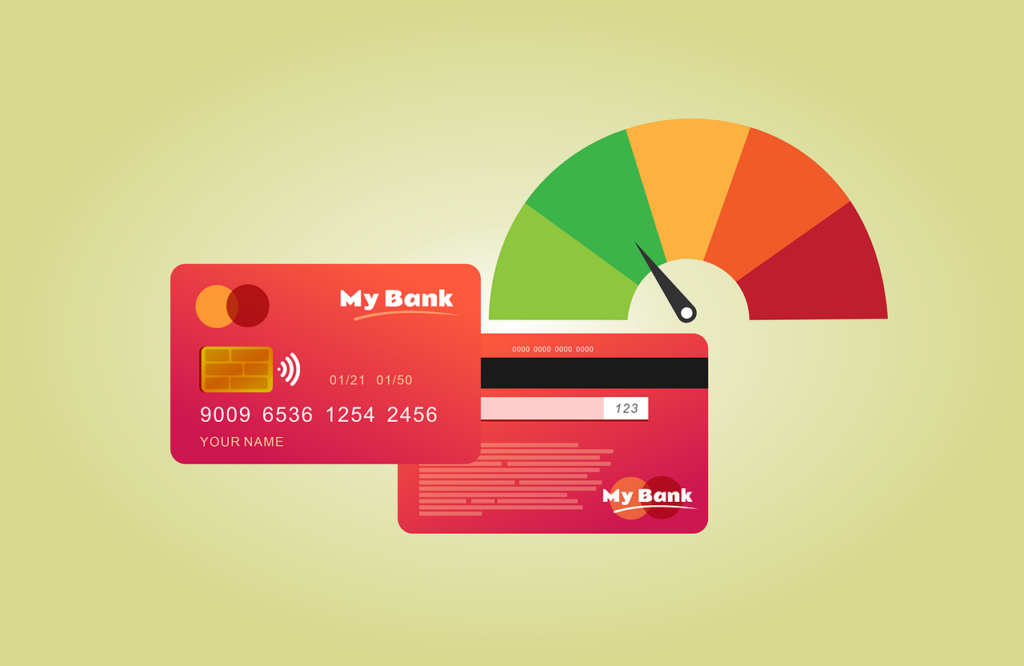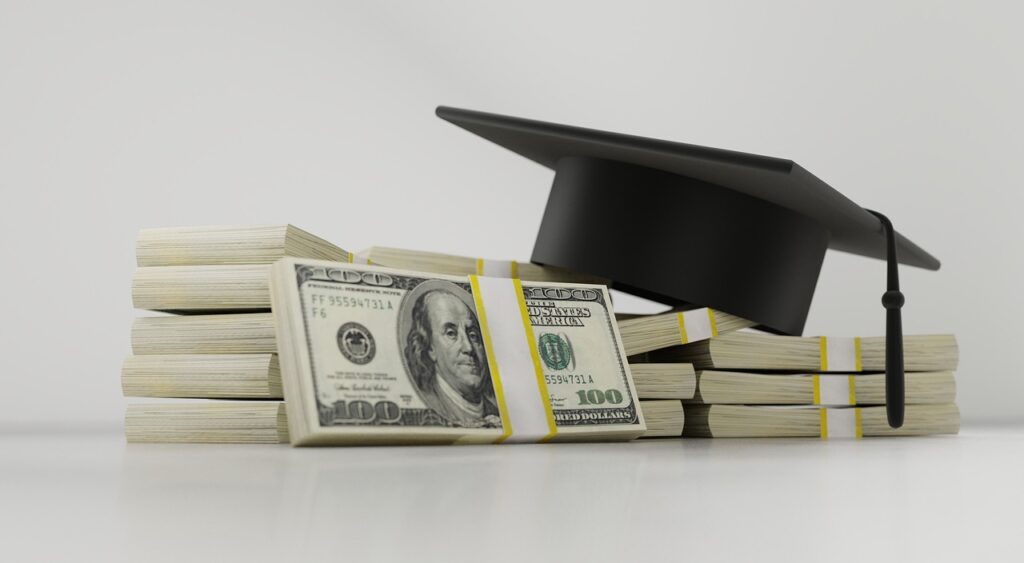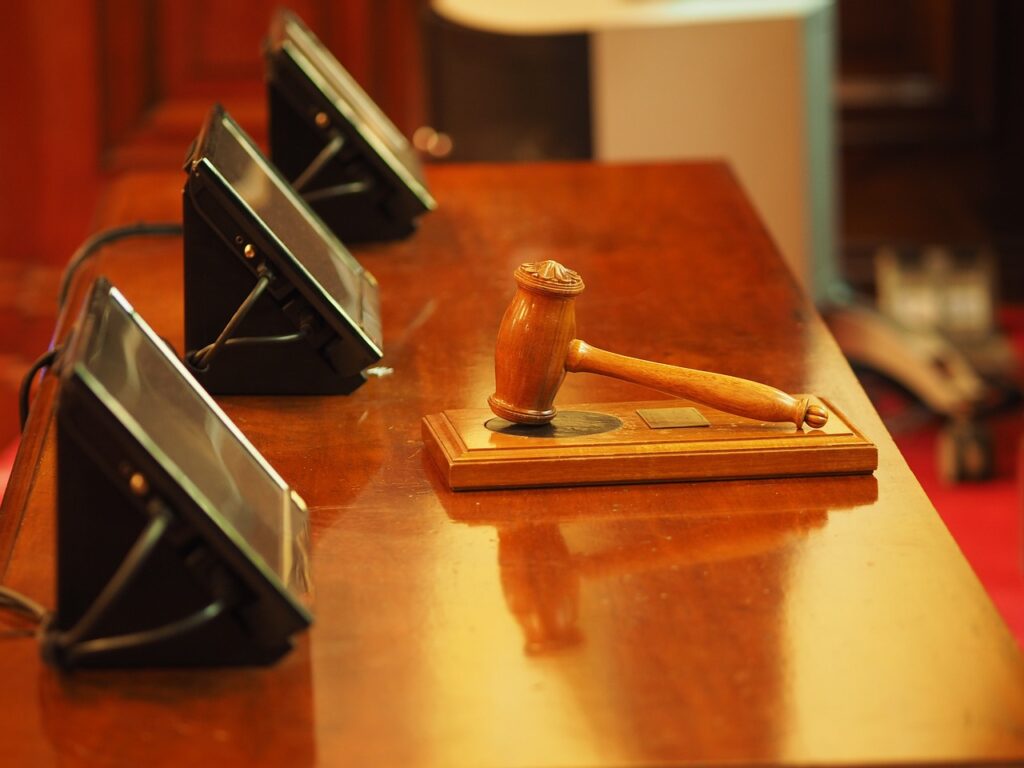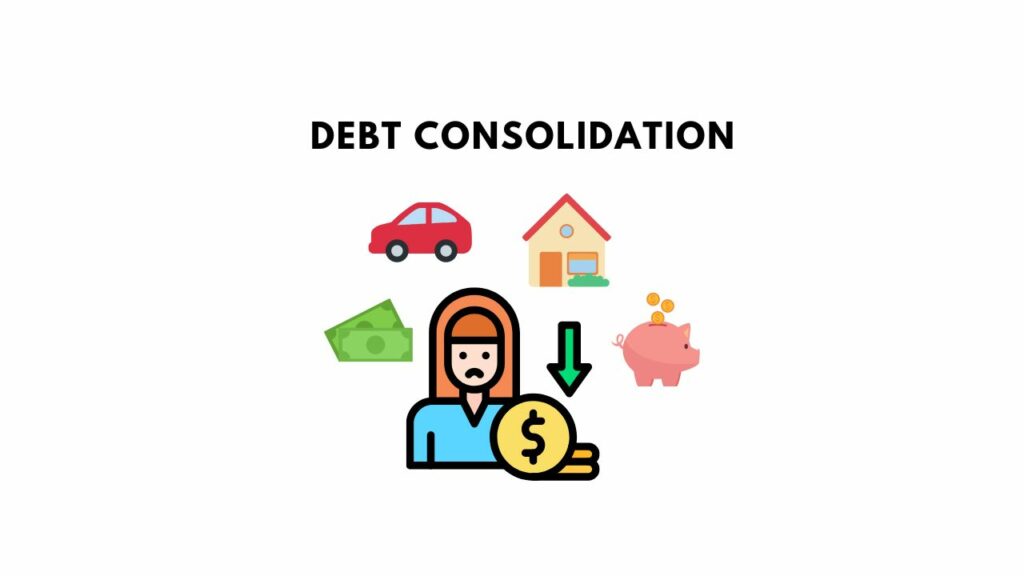Bankruptcy is a serious decision that you can’t take lightly. It’s also one of the most common reasons to file for bankruptcy in the United States, so if you’re thinking about it, you’re not alone. However, there are some important things to consider before making this choice. We’ll cover what bankruptcy means and what you can expect after filing for Chapter 7 Bankruptcy or Chapter 13 Bankruptcy.
Bankruptcy can cause a lot of stress for you and your family.

Bankruptcy is a stressful process, and it can take a lot of time. You may have to give up some assets, and you’ll certainly need to find a lawyer. You’ll also likely be dealing with creditors throughout the process—and you may have to answer questions about where your money goes.
Considering all this, it’s worth asking yourself if bankruptcy is really worth it for you.
Bankruptcy can be embarrassing.

Bankruptcy is a public record, so you can expect your case to be listed on the internet. This can make it difficult to get a job or rent an apartment if your name already appears on websites like CreditKarma or Transunion. A bankruptcy can also hurt your credit score.
To calculate your credit score, the three major credit bureaus—Experian, Equifax, and TransUnion—use a formula that takes into account how often you pay your bills on time and how much debt you have. A bankruptcy will make it harder for you to get a loan in the future because it shows up as an item of negative information on your report.
You could lose some of your assets, including property.

If you choose to file for bankruptcy, it’s important to know that some of your other assets may be at risk. This is because a bankruptcy judge will look at your finances and determine what type of “discharge” you receive—that’s the legal word for the forgiveness of debt.
If the court determines that you have some income or assets left over after paying off all your creditors, then those leftover funds will be used to pay off any remaining debts that were not forgiven by the court.
A Chapter 7 bankruptcy discharge typically includes non-exempt property (such as real estate), but there are many exceptions depending on where you live, how much money was spent during the last six months before filing for bankruptcy, and whether or not those assets were acquired within two years before filing for bankruptcy.
If a person has filed more than once in three years or if they owe more than $350k in combined unsecured debts (like credit cards) and secured loans (mortgages), he cannot get any sort of discharge from his debts under most circumstances—even if he qualifies otherwise!
It will take a big chunk out of your credit score.

A credit score is a three-digit number that represents your likelihood of paying back a loan. It’s calculated based on your past borrowing and payment history, as well as other factors like your age, income, and length of residence at an address.
By filing for bankruptcy, you’ll receive what’s called a “discharge,” which means any debt not covered by the bankruptcy will be erased from the books. In general, this means that you won’t have to pay back whatever money hadn’t been discharged previously (like student loans or child support).
However, it also means that all future creditors will see on their records that you’ve filed for bankruptcy protection—and they’ll take this into consideration when deciding whether or not they want to approve any new credit requests in the future (which could result in higher interest rates).
The longer you keep up with payments after declaring bankruptcy protection—and thus avoiding further financial trouble—the better off you’ll be when it comes time for those black marks on your record to disappear entirely.
If you have student loans, you are unable to discharge them.

If you have student loans, you are unable to discharge them. However, there are several options available that could help you.
- You may be able to get a repayment plan with your lender or the Department of Education (DOE). This will lower the amount of money that you need to pay and the length of time it takes to pay off your loan.
- If this option doesn’t work for you or if it isn’t available, then your next step is to apply for forbearance or deferment from DOE. Forbearance allows for an extension on paying back some types of debt; however, this does not reduce the amount owed but rather puts off payment until later on in life or until certain conditions have been met (such as graduating from college). Deferments allow people who may be struggling financially due to unemployment or disability reasons not be required by law
to make payments while they continue working towards getting back on their feet financially
Even after a bankruptcy discharge, you will still be responsible for certain debts.

Even after a bankruptcy discharge, you will still be responsible for certain debts. These include:
- Debts not discharged by your bankruptcy (for example, child support arrearages or student loans)
- Debt that was partially discharged by your bankruptcy (for example, secured debt like car loans). This means that you must pay some of the debt back over time. It also means that if you won’t pay back your creditors then they can sue you at any time and collect on what they are owed even though it was partially discharged in the bankruptcy.
- Debts that were not discharged by your bankruptcy but were paid off by the trustee (for example, taxes).
The process is invasive, especially if you file for Chapter 7 Bankruptcy.

The process is invasive, especially if you file for Chapter 7 Bankruptcy. The court will review your finances and decide whether or not to grant you a discharge. The court will look at your income and debts, your assets, and other factors when determining whether or not bankruptcy is right for you. You will have to provide financial information to the court so they can determine whether or not it’s favorable for you to get rid of some of those debts. If this sounds like something that would make you uncomfortable or scared—it probably means it isn’t right for you!
It is possible that the trustee will liquidate all of your assets to pay back creditors.

If you have a lot of assets, it is possible that the trustee will liquidate all of your assets to pay back creditors. However, if you have a lot of debt, it may not make sense to keep them.
If you do decide to file for bankruptcy protection, Chapter 7 or Chapter 13, then these are two different types of bankruptcy plans that determine what happens with your debts depending on how much money you owe and if there is any equity in your home or car.
When filing for Chapter 7 bankruptcy protection:
- The trustee will liquidate all non-exempt property that has value (property without a current fair market value).
- Exempt property includes cars up to $3,000 in value combined with household goods up to $7,700 combined with clothing up to $2,350 combined with jewelry up to $1,000 (per person) combined with personal injury claims as well as retirement accounts that were established before filing for bankruptcy protection and Social Security benefits received by an individual over 65 years old who receives less than 125% FPL (Federal Poverty Level).
It will stay on your credit report for up to 7 years after the fact.

One of the most important things to remember about bankruptcy is that it will stay on your credit report for up to 7 years after the fact. This means that if you’ve been considering a bankruptcy filing, you should also consider whether or not this is something that can be managed over time and how long you’re willing to wait before being able to get approved for any loans.
If you are concerned about being able to prevent creditors from trying to collect money from your paycheck, then it may be worth looking into an alternative like debt consolidation or personal loans instead of filing for bankruptcy.
Once you’ve made a decision on whether or not filing for Chapter 7 or Chapter 13 is right for your financial situation, there are other steps involved in preparing and filing.
If you do not qualify for Chapter 7 bankruptcy due to income levels, you may have to file for Chapter 13 bankruptcy and make monthly payments over the next three to five years with the court.

If you do not qualify for Chapter 7 bankruptcy due to income levels, you may have to file for Chapter 13 bankruptcy and make monthly payments over the next three to five years with the court. These monthly payments are made directly to the court, but you must use them to pay back your creditors. You can ask for creditor forgiveness in this type of bankruptcy as long as all of your debts are less than $336,900 (your state may vary).
You’ll also be required to sell any non-exempt assets [to pay back your creditors].
Before declaring bankruptcy, consider other debt-relief options such as debt consolidation or Chapter 13 bankruptcy.

It’s important to consider all your options before filing for bankruptcy. In addition to the more common Chapter 7 and Chapter 13 bankruptcies, there are several other debt relief options that you may want to explore.
If you owe more money than can be repaid under a standard repayment plan, debt consolidation or a Chapter 13 bankruptcy might work better for you than a standard bankruptcy filing. Debt consolidation involves joining multiple debts into one loan with an extended term and rate of interest lower than what you would pay if borrowing from multiple sources. A Chapter 13 bankruptcy allows individuals with regular income to repay their debts over three or five years without having to liquidate assets like houses or cars.
In order to determine what type of bankruptcy best suits your needs, consult with an attorney who specializes in this area so they can discuss your financial situation and help find solutions based on what works best for your situation
Conclusion
We hope this article has given you some insight into whether or not you should file for bankruptcy. If you are in financial distress and have not been able to find a solution on your own, we encourage you to reach out to us with any questions.